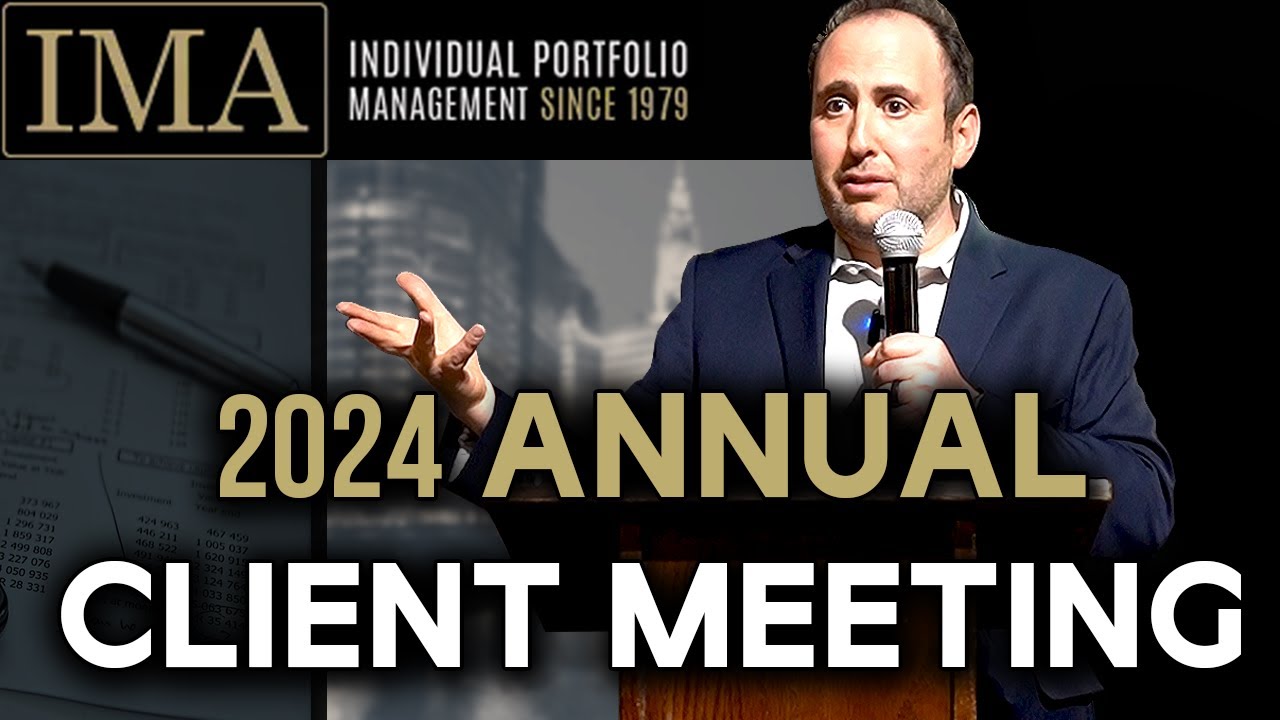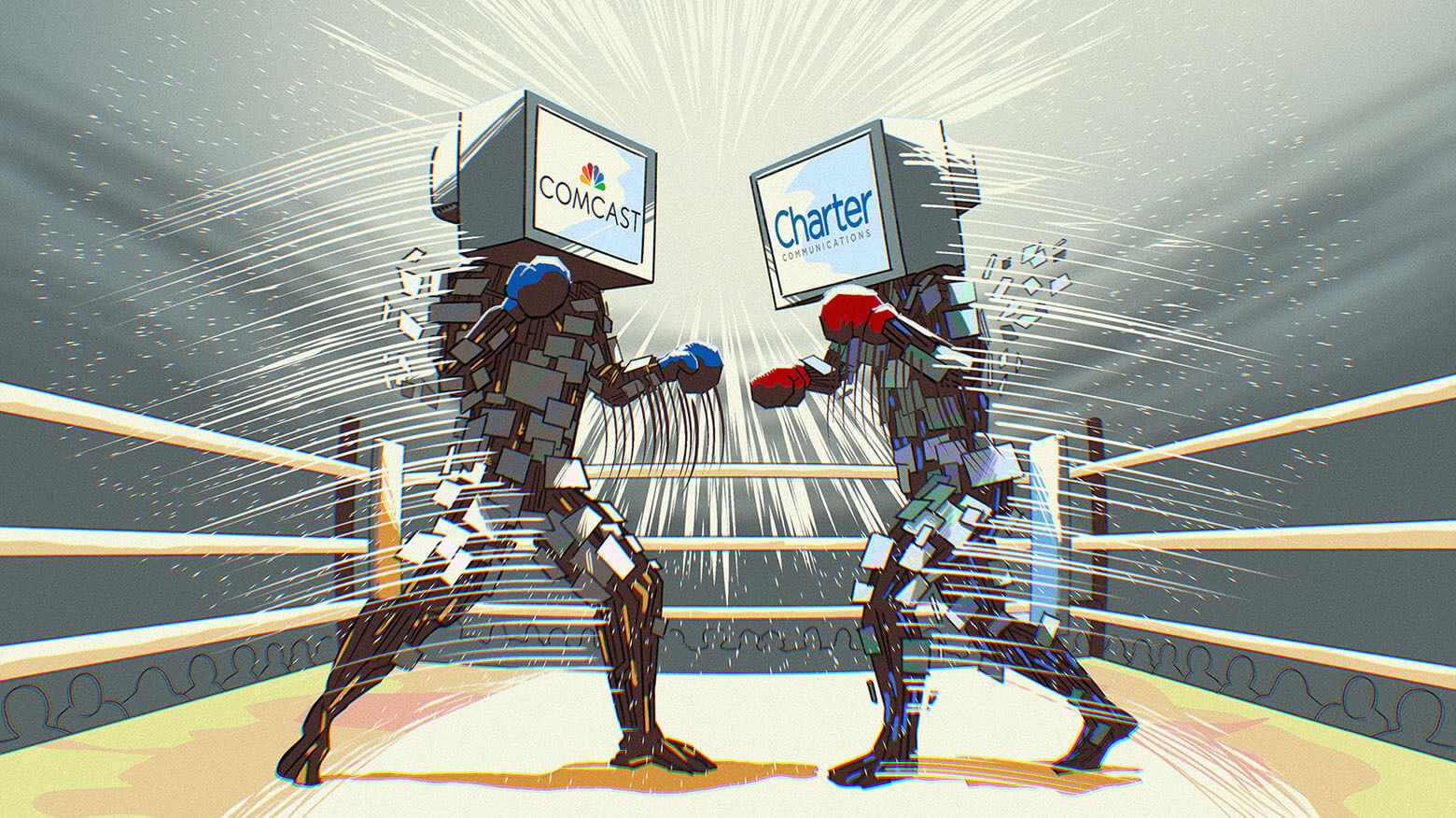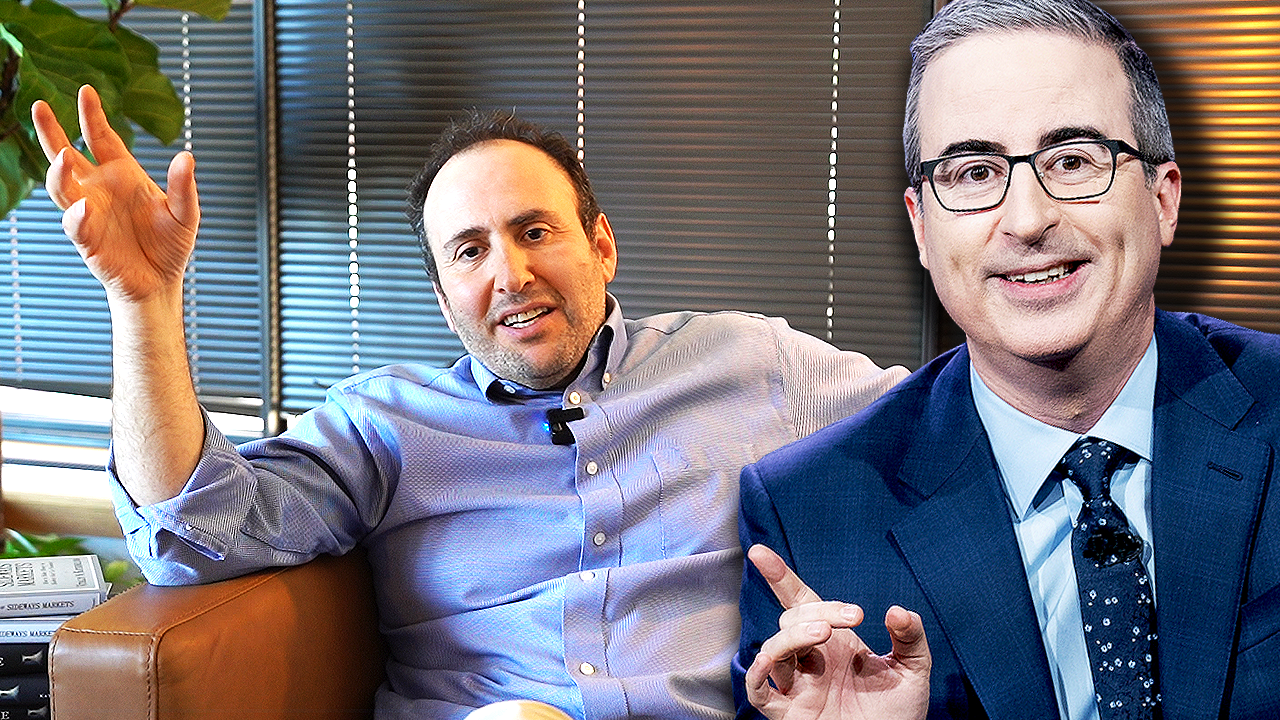The Great Recession may be over, but eight years later we can still see the deep scars and unhealed wounds it left on the global economy.
In an attempt to prevent an unpleasant revisit to the Stone Age, global governments have bailed out banks and the private sector. These bailouts and subsequent stimuli swelled global government debt, which jumped 75%, to $58 trillion in 2014 from $33 trillion in 2007. (These numbers, from McKinsey & Co., are not the latest, but it’s fair to say they have not shrunk since).
There’s a lot about today’s environment that doesn’t fit neatly into economic theory. Ballooning government debt should have brought higher — much higher — interest rates. But central banks bought the bonds of their respective governments and corporations, driving interest rates down to the point at which a quarter of global government debt now “pays” negative interest.
The concept of positive interest rates is straightforward. You take your savings, which you amass by forgoing current consumption — not buying a newer car or making fewer trips to fancy restaurants — and lend it to someone. In exchange for your sacrifice, you receive interest payments.
With negative interest rates, something quite different happens: You lend $100 to your neighbor. A year later the neighbor knocks on your door and, with a smile on his face, repays that $100 loan by writing you a check for $95. You had to pay $5 for forgoing your consumption of $100 for a year.
The key takeaway: negative and near-zero interest rates show central banks’ desperation to avoid deflation. More important, they highlight the bleak state of the global economy.
In theory, low- and negative interest rates were supposed to reduce savings and stimulate spending. In practice, the opposite has happened: The savings rate has gone up. As interest rates on their deposits declined, consumers felt that now they had to save more to earn the same income. Go figure.
Some countries resort to negative interest rates because they want to devalue their currencies. This strategy suffers from what economists call the fallacy of composition: the mistaken assumption that what is true of one member of a group is true for the group as a whole. As a country adopts negative interest rates, its currency will decline against others — arguably stimulating its export sector (at the expense of other countries).
But there is absolutely nothing proprietary about this strategy: Other governments will do the same, and in the end all will experience lowered consumption and a higher savings rate.
The main point that investors must understand and remember: If the global economy were doing great, interest rates would not be where they are today.
So, how does one invest in this overvalued market? Our strategy is spelled out in this fairly lengthy article.










0 comments